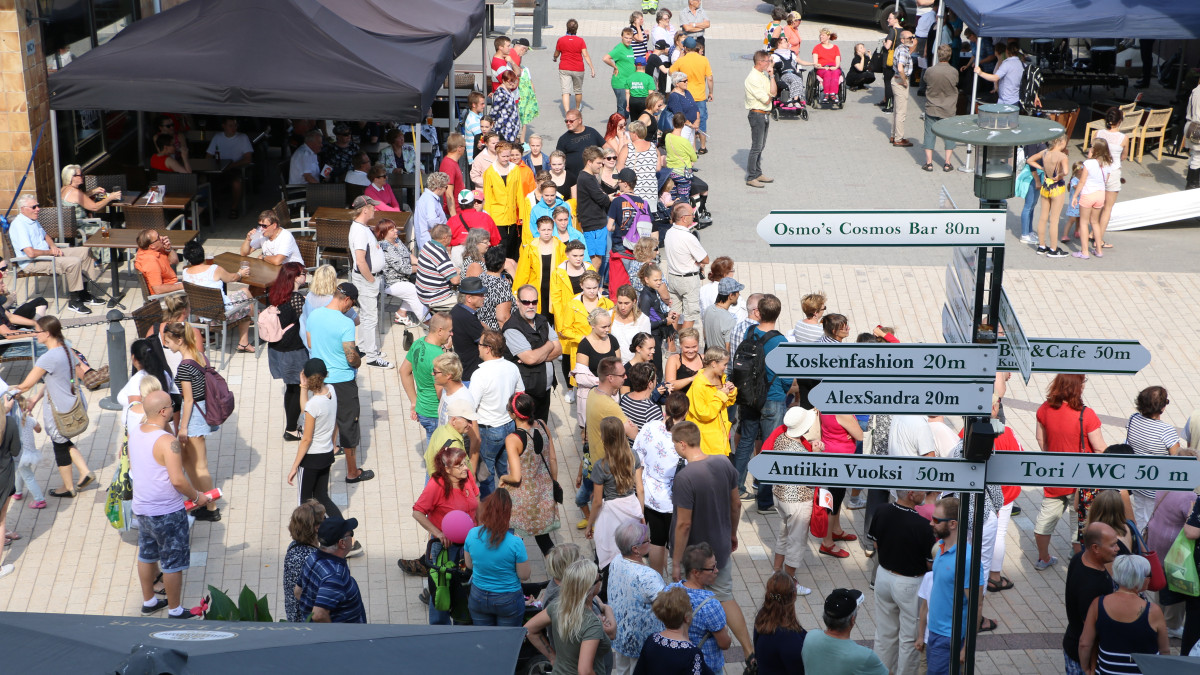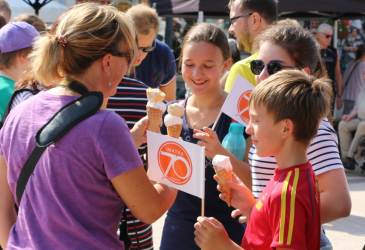
Blog: Participation strengthens trust - reciprocally
In recent years, municipalities and the state administration have thought a lot about how to increase people's interest in solving common issues and taking responsibility for them. Concerns have been raised about declining voting percentages and, on the one hand, about groups of people who feel incompetent.
Impartiality has been perceived as a threat to social order, the legitimacy of official decision-making and the well-being of those who feel incompetent.
A well-managed inclusion policy, on the other hand, is thought to empower the community and make it easier for municipalities to take care of their obligations.
The city of Imatra also made its first participation program in 2016. And on January 14.1.2019, 2019, the city council approved the following program: "Participate and influence program 2021 – XNUMX".
Participation is certainly something that everyone supports. However, the practical implementation is not as easy as you might think at first. Participation can mean different things depending on who is asked.
Roughly speaking, decision-makers and senior officials expect that people feel their hometown is so much their own that they take care of their own well-being and, on the other hand, also the well-being of their immediate community. From a city dweller's point of view, participation is more often that the city's decisions should always be able to be influenced at all times, and all information should be openly available without separate request.
Fortunately, these points of view are not opposed to each other. I believe that the better information flows and the more the citizens feel that they can influence things, the better they commit to the city and are ready to make an effort for the common good.
The ball is primarily in the hands of the decision-makers, who are faced with choices. Do I dare to take the risk that things won't go as planned? Do things just get messy if opinions are asked about every issue? Do citizens have enough information to decide on common issues? The realization of inclusion requires daring to interact and trusting people.
Increasing inclusion does not require spectacular actions. Civic events are fun, but they don't increase participation very much if the decision-maker is out of reach when the going gets tough or the information is being pawned. Readiness for participation is therefore measured in everyday life.
The inclusion program of the city of Imatra may not seem the most ambitious, but it has been done in a practical way, so that the city can truly commit to its goals.
For example, good information inclusion needs to be worked on. Simply publishing the agenda or minutes of the meeting within the time required by law does not cause much trouble. On the other hand, organizing a discussion event or pattern walk in the middle of a busy preparation schedule requires effort. And if the decision-maker's likely reward from the event is the defeat of his own visions, there must be a genuine interest in dialogue behind the effort. Even the most cynical observer would have to admit that.
If the inclusion program is realized as planned, we Imatra residents can be quite satisfied. In our hometown, the requirements of the legislation regarding the implementation of inclusion are exceeded, even in one of the most democratic countries in the world.
Heikki Laine
Communication specialist
the city of Imatra

